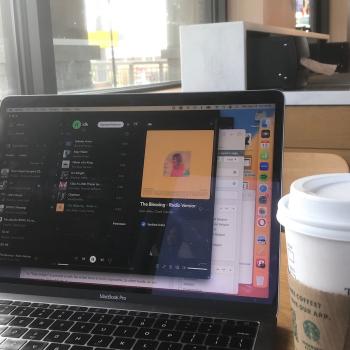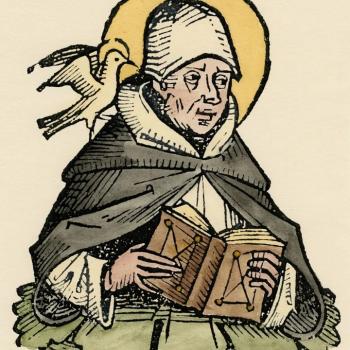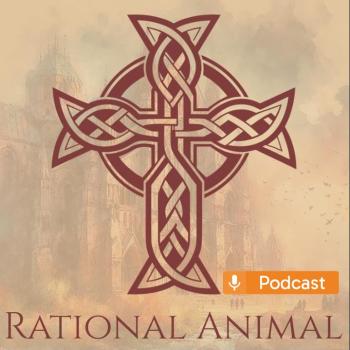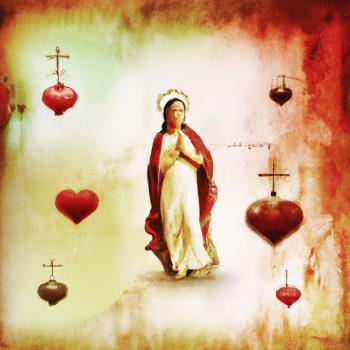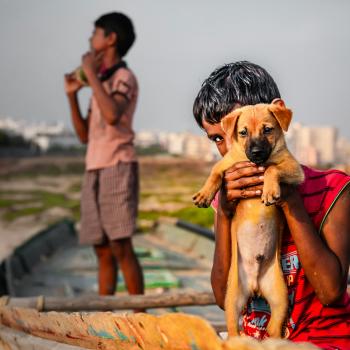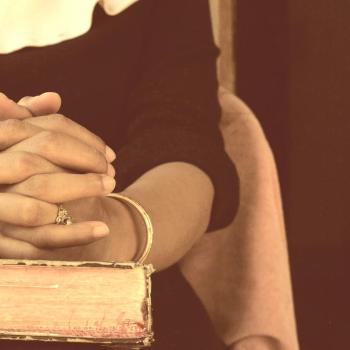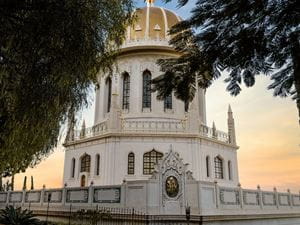
Riḍván is the annual twelve-day festival of the Baháʼí faith, which commemorates the occasion on which Baháʼu'lláh—the founder of the faith—declared that he was a manifestation of God, meaning a divine prophetic messenger and intermediary between God and humanity. The holiday is the holiest of Baháʼí festivals and, thus, is often referred to as the “King of Festivals.” Baha'u'llah singled it out as one of the two “Most Great Festivals” to be commemorated by believers. He also indicated that the first day of the twelve-day holiday was “the Day of supreme felicity” or happiness. Hence the name, “Riḍván”—which is Arabic for “paradise.” In Baháʼí scriptural texts, the term is used to describe a state of spiritual “beauty.” For many, the holiday invites each to seek and realize that kind of spiritual state in their personal lives (and in the world) through implementing the principles taught in Baháʼí—namely, advocating world peace, and seeking unity between all nations, religions, and races.
The Baháʼí faith holds that an Iranian merchant, named Sayyed `Alí Muḥammad, was a “messenger” of God, Allah, or the “all Merciful.” He was known as the “Báb,” meaning the “door” or “gate,” because he is believed to have been a “deputy” of the Mahdi or messianic figure (in “Twelver Shia Islam”). It is held that the “deputies” are those through whom the Twelfth (and invisible) Imam speaks to the community. Eventually, the Báb founded Bábism, a monotheistic religion (and breakoff of Shia Islam) which holds that there exists a single, incomprehensible, and non-corporeal deity, who appears (through theophanies) in order to reveal His will to humankind. Though the founder of Bábism, the Báb became one of the central figures of the Baháʼí tradition and, in his writings, he spoke of “He whom God shall make manifest”—namely, the messianic figure of Bábism, or a future prophet akin to Moses, Muhammed, or Jesus. Baháʼu'lláh, the one credited with starting the Baháʼí faith, is widely believed to have been the fulfillment of the Báb’s predicted messiah or prophetic figure. He was a devoted follower of the Báb and, some thirteen years after the Báb’s death, Baháʼu'lláh claimed to be the “Promised One” that had been predicted would soon come.
The Baháʼí holiday of Riḍván is named after the wooded paradisical Najibiyyih garden, which sits on the banks of the Tigris, just across the river from Baghdad. After being imprisoned in Persia (for claiming to be the “Promised One”), Baháʼu'lláh was exiled to Iran. There, his influence grew to such a proportion that the Persian government began to see him as a threat, as did certain Islamic clerics. He moved from his home (in Baghdad) and stayed in the Riḍván garden for twelve days (April 21-May 2, 1863)—until he began a trip to Constantinople, in response to a summons by the Ottoman government, to answer charges posed by his enemies.
The holiday begins two hours before sundown on the 13th of Jalál (in the Baháʼí calendar)—which equates to April 20th or 21st on the Gregorian calendar (contingent upon the date of the March equinox). The most important component of the holiday is the celebration of Baháʼu'lláh’s 1863 revelation to a small group of family and friends that he was the “Promised One”—something which had been revealed to him personally eleven years earlier, but which he had not shared until his stay in the Ridván garden. The 1st, 9th and 12th days of this holiday are set-apart as special. The first day focuses on Baháʼu'lláh’s arrival in the garden; the ninth day commemorates the arrival of his family, who would then learn of his true and sacred identity; and the twelfth day honors his departure from the garden, as he headed to Constantinople to face the charges leveled against him. On those three days, where possible, one should avoid work and school. This holiday is a time of community gatherings and celebrations, including the offering of prayers. Because Baháʼu'lláh went from his house in Baghdad—which he referred to as the “Most Great House”—to the Najibiyyih (or Ridván) garden, on this holiday some practitioners will spend time in a tent, reenacting Baháʼu'lláh’s pilgrimage to a seemingly “lesser space” which can be made a “paradise” by spending time therein with family and friends—as Baháʼu'lláh did in the Garden. Some will decorate their homes or personal space with flowers, as a reminder of the Garden and the sacred things revelated there. Similarly, some practitioners of Baháʼí will use room sprays, floral-scented candles, or outlet sent-diffusers to make their homes smell like flowers the entire twelve days of Riḍván—all as a constant reminder of Baháʼu'lláh’s mission and message, centered around the unity of God, the unity of religions, and the unity of all humanity.
Because Ridván commemorates the revelation to others of Baháʼu'lláh’s true and divine identity, for most it is also seen as the point at which the Baháʼí faith officially comes into existence, as a distinct religion from Bábism—from whence it sprang.
Read more about the Baháʼí faith, including it's origins, history, and beliefs, here.
3/14/2023 4:06:46 PM

